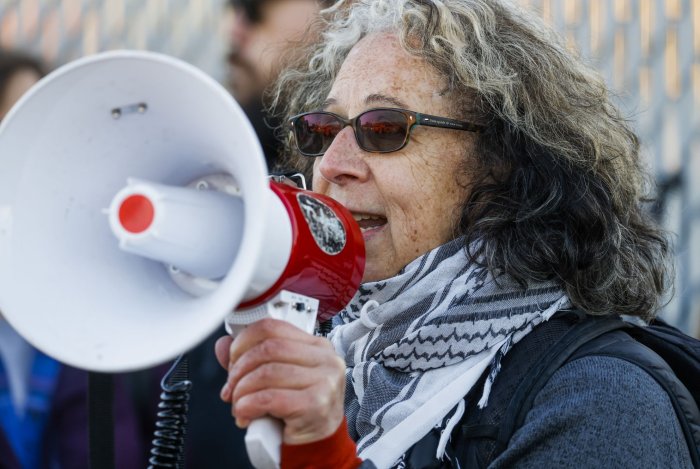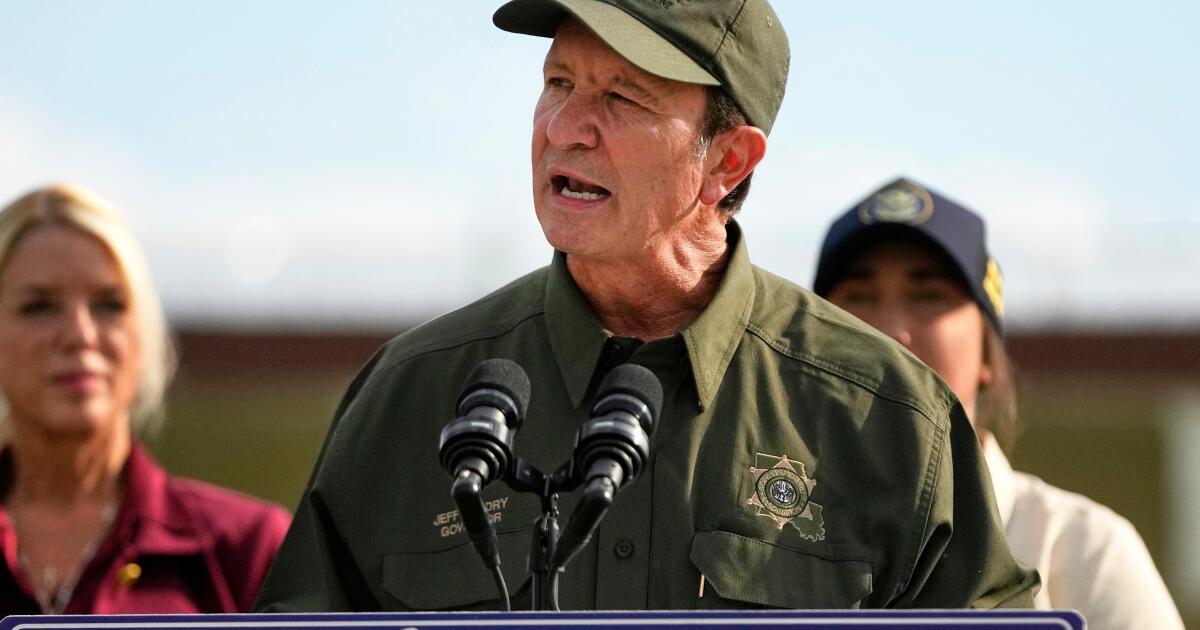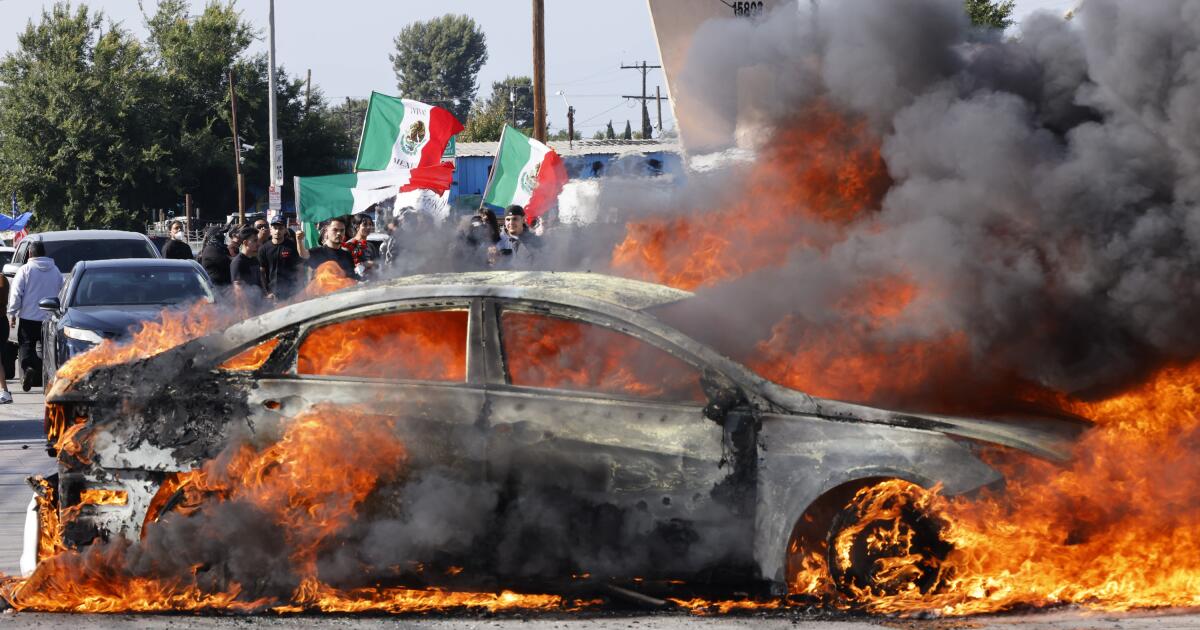ACLU sues Trump administration for civil rights violations at Illinois ICE center
Oct. 31 (UPI) — The American Civil Liberties Union of Illinois sued the Trump administration Friday for allegedly violating the civil rights of those detained in the Immigration and Customs Enforcement facility in Broadview, Ill.
The suit, which includes lawyers for the MacArthur Justice Center, the ACLU of Illinois and the Chicago law office of Eimer Stahl, was filed in federal court in Chicago, a press release said.
The suit demands that Secretary of Homeland Security Kristi Noem, the Department of Homeland Security, Customs and Border Protection, and ICE “stop flouting the law inside Broadview.” The press release said the agencies “must obey the Constitution and provide the people they detain with ready access to counsel and humane conditions of confinement.”
Since the beginning of Operation Midway Blitz on Sept. 8, in which federal agents increased actions against undocumented immigrants in and around Chicago, protests and legal battles have ensued. On Tuesday, a judge issued a temporary restraining order on Gregory Bovino, a U.S. border patrol commander, after video footage showed Bovino throwing tear gas into a crowd during public demonstrations in Chicago and outside of the Broadview detention center. Clergy members, media groups and protesters had filed a suit alleging a “pattern of extreme brutality” intended to “silence the press” and American citizens.
Judge Sara Ellis ordered all agents to wear body cameras. She also ordered Bovino to check in with her daily, but an appeals court overturned that requirement.
“Everyone, no matter their legal status, has the right to access counsel and to not be subject to horrific and inhumane conditions,” said Alexa Van Brunt, director of the MacArthur Justice Center’s Illinois office and lead counsel on the suit, in a statement. “Community members are being kidnapped off the streets, packed in hold cells, denied food, medical care, and basic necessities, and forced to sign away their legal rights. This is a vicious abuse of power and gross violation of basic human rights by ICE and the Department of Homeland Security. It must end now.”
The press release said that agents at Broadview “have treated detainees abhorrently, depriving them of sleep, privacy, menstrual products, and the ability to shower.” Agents have repeatedly denied entry for attorneys, members of Congress, and religious and faith leaders, it said.
DHS has not responded to the suit or its allegations.
“This lawsuit is necessary because the Trump administration has attempted to evade accountability for turning the processing center at Broadview into a de facto detention center,” said Kevin Fee, legal director for the ACLU of Illinois, in a statement. “DHS personnel have denied access to counsel, legislators and journalists so that the harsh and deteriorating conditions at the facility can be shielded from public view. These conditions are unconstitutional and threaten to coerce people into sacrificing their rights without the benefit of legal advice and a full airing of their legal defenses.”
Lawyer Nate Eimer emphasized the importance of access to a lawyer.
“Access to counsel is not a privilege. It is a right,” Eimer, partner at Eimer Stahl and co-counsel in the lawsuit, said in a statement. “We can debate immigration policy but there is no debating the denial of legal rights and holding those detained in conditions that are not only unlawful but inhumane. Justice and compassion demand that our clients’ rights be upheld.”





